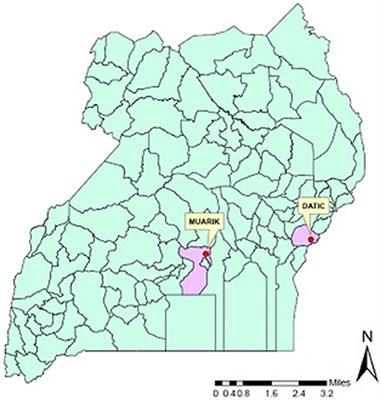ORIGINAL RESEARCH
Published on 28 Jun 2017
CERES–Maize Model for Determining the Optimum Planting Dates of Early Maturing Maize Varieties in Northern Nigeria

doi 10.3389/fpls.2017.01118
- 10,483 views
- 58 citations
25k
Total downloads
150k
Total views and downloads
ORIGINAL RESEARCH
Published on 28 Jun 2017

ORIGINAL RESEARCH
Published on 09 May 2017

ORIGINAL RESEARCH
Published on 03 May 2017

ORIGINAL RESEARCH
Published on 29 Mar 2017

ORIGINAL RESEARCH
Published on 13 Mar 2017

ORIGINAL RESEARCH
Published on 27 Feb 2017

ORIGINAL RESEARCH
Published on 07 Feb 2017

ORIGINAL RESEARCH
Published on 31 Jan 2017

ORIGINAL RESEARCH
Published on 26 Jan 2017

ORIGINAL RESEARCH
Published on 29 Nov 2016

ORIGINAL RESEARCH
Published on 17 Nov 2016
